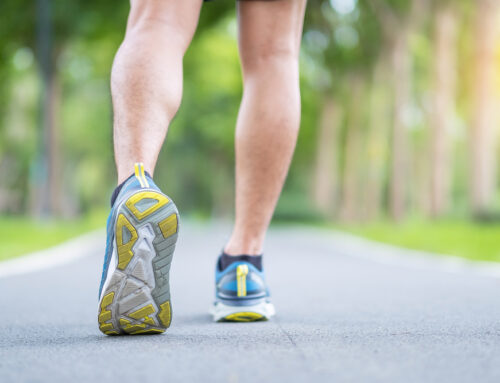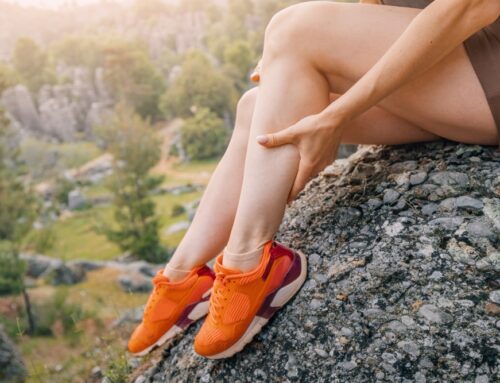Did you know that your diet affects more than just your weight and heart? In fact, your diet affects almost every part of your body, including your veins.
Getting your annual check-ups and visiting the doctor is an important step to take for your health. It’s not, however, the only thing that your health needs. Those small daily things like the foods you eat and how much exercise you get can make just as big of a difference.
Today, we’re going to talk a little bit about diet and how certain foods can help or harm your veins.
First, however, let’s start with some basics.
What Are Varicose Veins?
You’ve most likely seen or met someone with varicose veins at least once in your life. Varicose veins are typically large, twisted, and bluish-purple in appearance. Unlike spider veins, these veins visibly protrude from the skin and are much larger in size.
Varicose veins form when vein valves malfunction and are no longer able to push blood as well. Circulation then slows down in these veins, allowing for blood to pool and strain against the walls of the vein.
Varicose Veins Symptoms
Symptoms of varicose veins are largely cosmetic. You’ll notice the enlarged, twisted veins more than anything else.
There are, however, some possible physical symptoms as well. For example, achiness, mild discomfort, or a feeling of heaviness in the legs is common. If you notice any sharp pain or unusual symptoms, however, try to consult with a doctor as soon as possible.
How Can Food Affect My Veins?
Now, let’s talk about the effect that different foods can have on your veins.
Vitamins
As we’ve talked about in previous articles, vitamins are integral to your vein health.
For example, certain B-Complex vitamins can help reduce homocysteine levels and reduce your risk of developing a blood clot. Vitamin C, on the other hand, helps stimulate the production of more collagen. This, in turn, helps veins stay flexible and strong.
Weight
The fact that food has an effect on your weight is extremely well known. But did you know that this weight can, in turn, affect your varicose veins?
Body weight puts pressure on your legs and, therefore, your veins. This pressure can actually be harmful, especially when sitting or standing in the same position for long periods of time. As a result, large quantities of excess weight can worsen existing varicose veins or increase your chances of developing new ones. A healthy weight, on the other hand, supports strong veins.
Circulatory System
Have you ever seen one of those charts that shows how many cups of water you need to drink in a day? There’s actually a good reason for these. Water is vital to keeping your blood liquid and able to flow freely through the vein. Not enough water means your blood will have a harder time moving through your veins.
Blood Clots
As we mentioned earlier, there are plenty of super-important vitamins and minerals. One of these is vitamin E, which helps reduce your risk of developing blood clots.
Foods For Vein Health
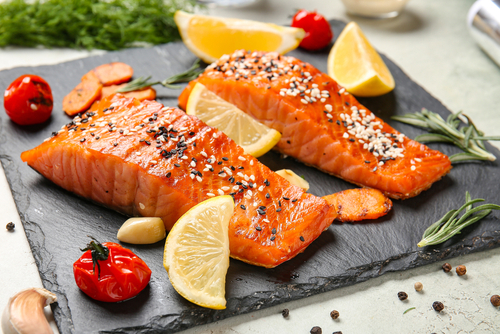
Now that we’ve talked a little bit about how foods can affect your vein health let’s talk about which foods are better for you.
Best Food For Varicose Veins
Try to eat plenty of high-vitamin fruits and veggies. Don’t forget all the vitamin C, K, E, and B that your body needs. It’s also a good idea to track your water intake to make sure that you’re getting enough hydration.
Tracking macros and nutrients is always an option if you want to make sure that you’re getting all the good stuff that your body needs. These days, there are plenty of easy-to-use mobile apps that can do most of the hard work for you.
If changing your whole diet is difficult, you can always start with small changes. Here are a few easy examples:
- For breakfast, try switching out regular buttered toast with a serving of fresh avocado toast and a tall glass of water.
- Switch out carb-loaded desserts with fresh fruit.
- Opt for water or tea over sugary sodas.
Above all, however, always get advice from your doctor and tell them immediately if you begin experiencing any unusual symptoms.
Foods That Are Bad For Vein Health
As you probably already guessed, empty sugars and carbs tend to be the bad guys for your body. Excess sugar and carbs can increase your chances of developing obesity, which can put a lot of pressure on your veins. Try to avoid eating too much candy, cookies, and other empty calories. Instead, eat wholesome meals packed with nutrients.
Treatment Of Varicose Veins
If you notice symptoms of varicose veins, try to get them addressed as soon as possible.
Here at VeinSolutions™, we offer FREE vein screenings. This way, you’re able to get an assessment of your vein health without a financial investment. From there, our doctors can help recommend a course of action.
Here are some common minimally invasive treatments that we offer:
Sclerotherapy
One of the most straightforward procedures, sclerotherapy is a very popular treatment option for varicose veins. During sclerotherapy, your doctor uses a needle to inject a solution into the damaged vein. The solution then irritates the walls of the vein, causing them to stick together. After the vein seals up, it eventually begins breaking down and dissipating.
Microphlebectomy
Although it may sound scary, microphlebectomy is actually fairly minimally invasive. It does not require any general anesthesia, and daily activities can be resumed right away. During a microphlebectomy procedure, a doctor removes the damaged vein piece by piece. Although the procedure does involve making cuts and pulling the vein out, the incisions are fairly small. Patients can move around and walk immediately after the procedure. Microphlebectomy can be a good solution for veins that might be too large for sclerotherapy.
Venous Ablation
Similar to sclerotherapy, venous ablation also works by sealing up a vein. Unlike sclerotherapy, however, venous ablation actually uses radiofrequency (RF) energy. Both procedures are fast (typically taking less than an hour to complete) and cause minimal discomfort. Recovery doesn’t take very long, either. In fact, most patients simply walk out the same day following the procedure.
Last Notes
Now that we’ve talked a bit about some great medical treatment options let’s talk about what you can do at home.
Although medical intervention is the only way to permanently get rid of varicose veins, you can help alleviate some of the symptoms with at-home treatments.
As we mentioned above, diet does matter. So, sticking to healthier foods and making those small diet changes is a great place to start. Following that, try to get some exercise and get your blood pumping. Walking, bicycling, and swimming are all great low-impact exercises.
For existing varicose veins, compression stockings can be helpful. Ask your doctor about socks or stockings — they’ll be able to recommend a brand and type. During the summer, makeup, concealer, or a safe tanning lotion can be used to cover up the appearance of bulging veins.
Flint Vein Solutions
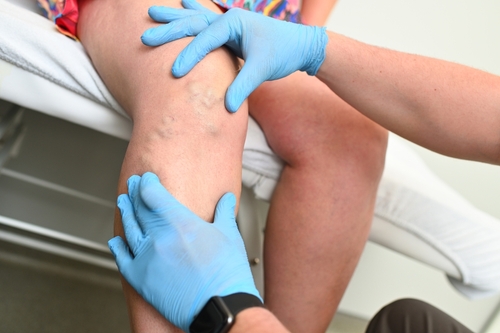
Interested in learning even more about vein health? We’ve got you covered! Our website has a bunch of handy-dandy guides to vein health. Simply visit our “Articles” tab under patient resources.
To learn more about YOUR veins, simply schedule a free vein screening with us. During your vein screening, you’ll be able to glean some valuable insights into how your veins are doing. After, you’ll have all the information you need to make the best possible choices for your vein health. Simply call or fill out our online form to schedule your first appointment.
If you decide to move forward with treatment for your varicose or spider veins, we’ve got your back. VeinSolutions™ offers a variety of minimally invasive treatments such as sclerotherapy, microphlebectomy, and venous ablation. Don’t hesitate to reach out if you have any questions about these procedures. Our staff is here to make this process as easy as possible for you.

